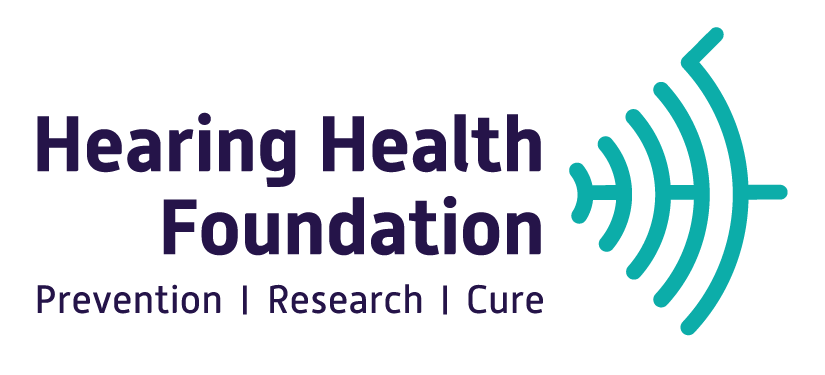Joseph Toscano, Ph.D.
Meet the Researcher
Toscano received his doctorate in cognitive psychology from the University of Iowa, and was a postdoctoral fellow at the Beckman Institute for Advanced Science and Technology, the University of Illinois Urbana-Champaign. He is an assistant professor of psychological and brain sciences at Pennsylvania’s Villanova University, where he directs the Word Recognition and Auditory Perception Lab. Toscano’s 2018 Emerging Research Grant is generously funded by the General Grand Chapter Royal Arch Masons.
Accurate speech recognition depends on fine-grained acoustic cues in the speech signal. Deficits in how these cues are processed may be informative for detecting hearing loss, and particularly for identifying auditory neuropathy, a problem with how the brain processes sounds.
My project uses electroencephalogram (EEG) techniques to measure brain responses to specific acoustic cues in speech. They will be compared with listeners’ speech recognition accuracy, pure-tone audiograms, and self-reported hearing difficulty to determine how they vary as a function of hearing status. The goal is to develop a clinical test for early identification of auditory neuropathy and “hidden” hearing loss, difficult to detect using current testing methods, in both adults and children.
I was the first in my family to graduate from college and pursue a Ph.D. My high school earth sciences and astronomy teacher, Tom Lewis, gave lots of encouragement (I wanted to be an astronaut or astronomer). While an undergrad at the University of Rochester, I worked in the psycholinguistics lab and have been investigating speech perception and language processing ever since. Incidentally, my sister is a speech-language pathologist and my wife is also a cognitive scientist who studies speech perception, so this may be the “family business” now!
In the future, I hope there will be a tighter integration between work on hearing loss and work on psycholinguistics and speech perception. There is progress that can be made in each of these areas by taking an interdisciplinary approach to addressing big-picture questions.
We have three young children ages 4 and younger, and I spend most of my free time with them—does that count as a hobby? My wife and I often talk about language development, and it’s been fun watching them learn language. It gives me some insights into my own research as well.
Joseph Toscano, Ph.D.’s grant is generously funded by the General Grand Chapter Royal Arch Masons International. We want to thank the Royal Arch Masons for their ongoing commitment to research in the area of central auditory processing disorder (CAPD).
The Research
Villanova University
Cortical EEG measure of speech sound encoding for hearing assessment
Accurate speech recognition depends on fine-grained acoustic cues in the speech signal. Deficits in how these cues are processed may be informative for detecting hearing loss, and particularly for identifying auditory neuropathy, a problem with the way the brain processes sounds. Diagnosing auditory neuropathy in newborns and infants is particularly challenging, as it is often difficult to distinguish it from sensorineural hearing loss using current measurement approaches. Speech tests that measure cortical responses may allow us to overcome this problem. The current project uses electroencephalogram (EEG) techniques to measure brain responses to specific acoustic cues in speech (e.g., the difference between “d” and “t”). These data will be compared with listeners’ speech recognition accuracy, pure-tone audiograms, and self-reported hearing difficulty to determine how these responses vary as a function of hearing status and may be used to detect early stages of hearing loss.
Long-term goal: To develop a clinical test for identifying auditory neuropathy and other types of hearing loss that can be used for both adults and children.



